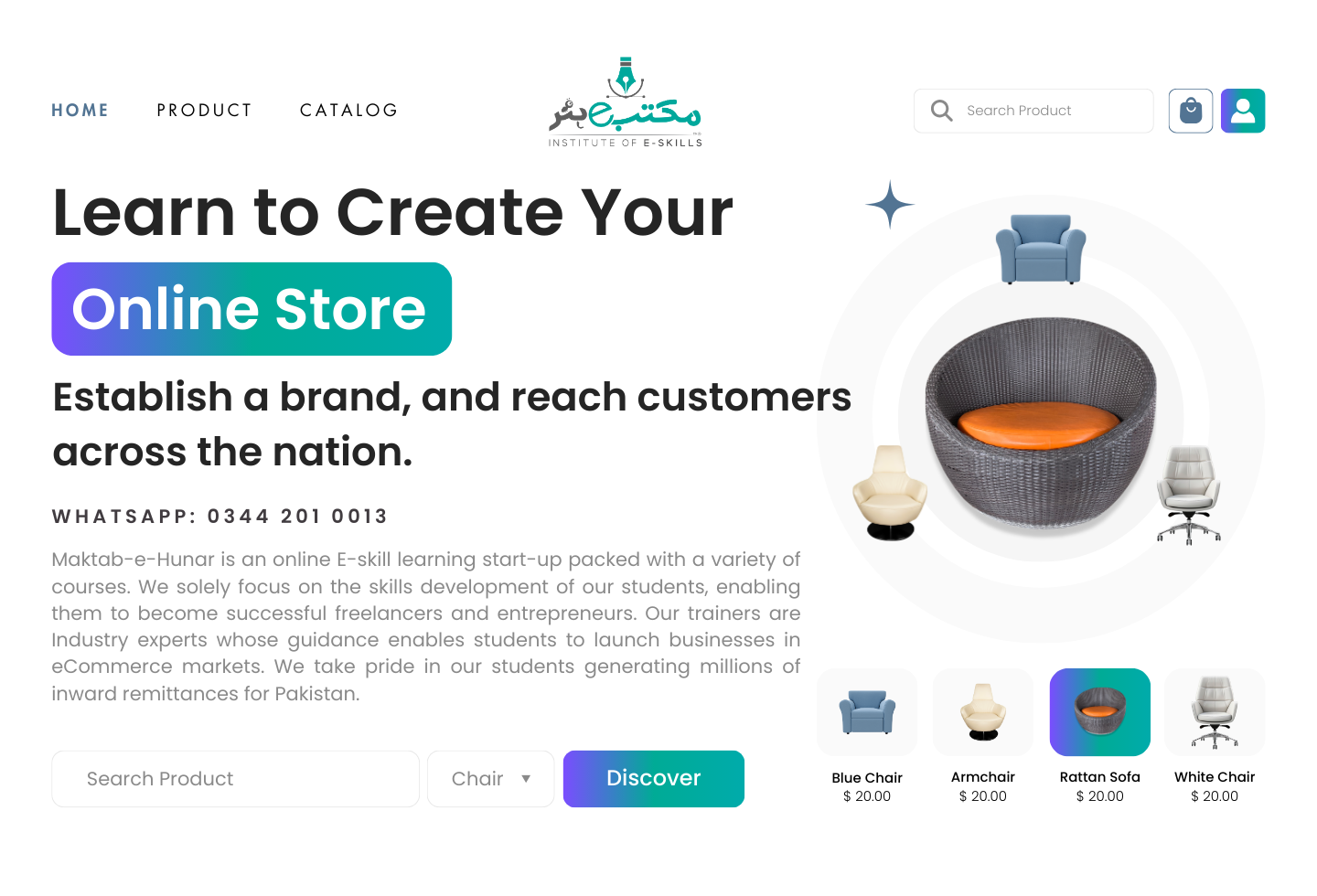
What is eCommerce?
eCommerce, short for electronic commerce, is about selling physical goods online to individual consumers (B2C). This includes purchases through computers or mobile devices via websites or apps. eCommerce covers various industries like retail, travel, and more, contributing significantly to the global economy.
In eCommerce, there are eight main markets:
- Beauty, Health, Personal & Household Care: Products like skincare, makeup, vitamins, and cleaning items sold online.
- Beverages: This market includes a wide range of drinks, from alcohol and coffee to energy drinks, sold digitally.
- Electronics: Online sales of gadgets, electronic devices, and accessories, including smartphones and smart home devices.
- Fashion: Online shopping for clothing, shoes, and accessories from various brands and retailers.
- Food: Selling groceries and specialty food items conveniently through digital platforms.
- Furniture: Online market for furniture and home decor products, such as sofas, beds, and chairs.
- Media: Digital sales of media-related items like books, music, movies, and video games.
- Toys, Hobby & DIY: Online market for toys, games, puzzles, model kits, and crafting supplies related to hobbies and DIY projects.
These markets collectively make up the eCommerce landscape, offering consumers a wide array of products and experiences through digital platforms.
E-commerce can take various forms, including:
- Business-to-Consumer (B2C): The most common type, where businesses sell products or services directly to individual consumers.
- Business-to-Business (B2B): Involves the sale of products or services between businesses, such as manufacturers selling to wholesalers.
- Consumer-to-Consumer (C2C): Individuals sell products or services to other individuals through platforms like online marketplaces or classified ads.
- Consumer-to-Business (C2B): Occurs when individual consumers offer their products or services to businesses, often in a freelance or consulting capacity.
Reasons to Consider Starting an eCommerce Business in Pakistan
Starting eCommerce in Pakistan is a strategic move because:
- The eCommerce market is thriving in Pakistan.
- It ranks as the 5th largest country in the world with
- A growing online population widens your customer reach.
- Consumers increasingly prefer online shopping.
- Government initiatives support digital expansion.
- An emerging middle class seeks convenient shopping options.
- Global market access is at your fingertips.
- Diverse product categories offer ample opportunities.
- Launching is cost-effective.
- Digital payments simplify transactions.
- Pakistan’s robust entrepreneurial community is a valuable resource.
Stats:
Furthermore, consider these compelling statistics:
- Pakistan is the 46th largest eCommerce market with a predicted revenue of US$5,601.1 million by 2023.
- The market is expected to grow at a CAGR of 5.9% from 2023 to 2027, reaching US$7,042.4 million by 2027.
- In 2023, the Pakistani eCommerce market contributed to a global growth rate of 9.6%, despite a -2.4% expected decrease.
Top Selling Niches:
Five main niches within Pakistani eCommerce:
- Electronics & Media ($3613.00 M)
- Fashion ($1052.00 M)
- Beauty, Health, Personal & Household Care ($535.60 M)
- Toys, Hobby & DIY ($368.00 M)
- Furniture & Appliances ($96.49 M)
- Food & Personal Care ($93.45 M)
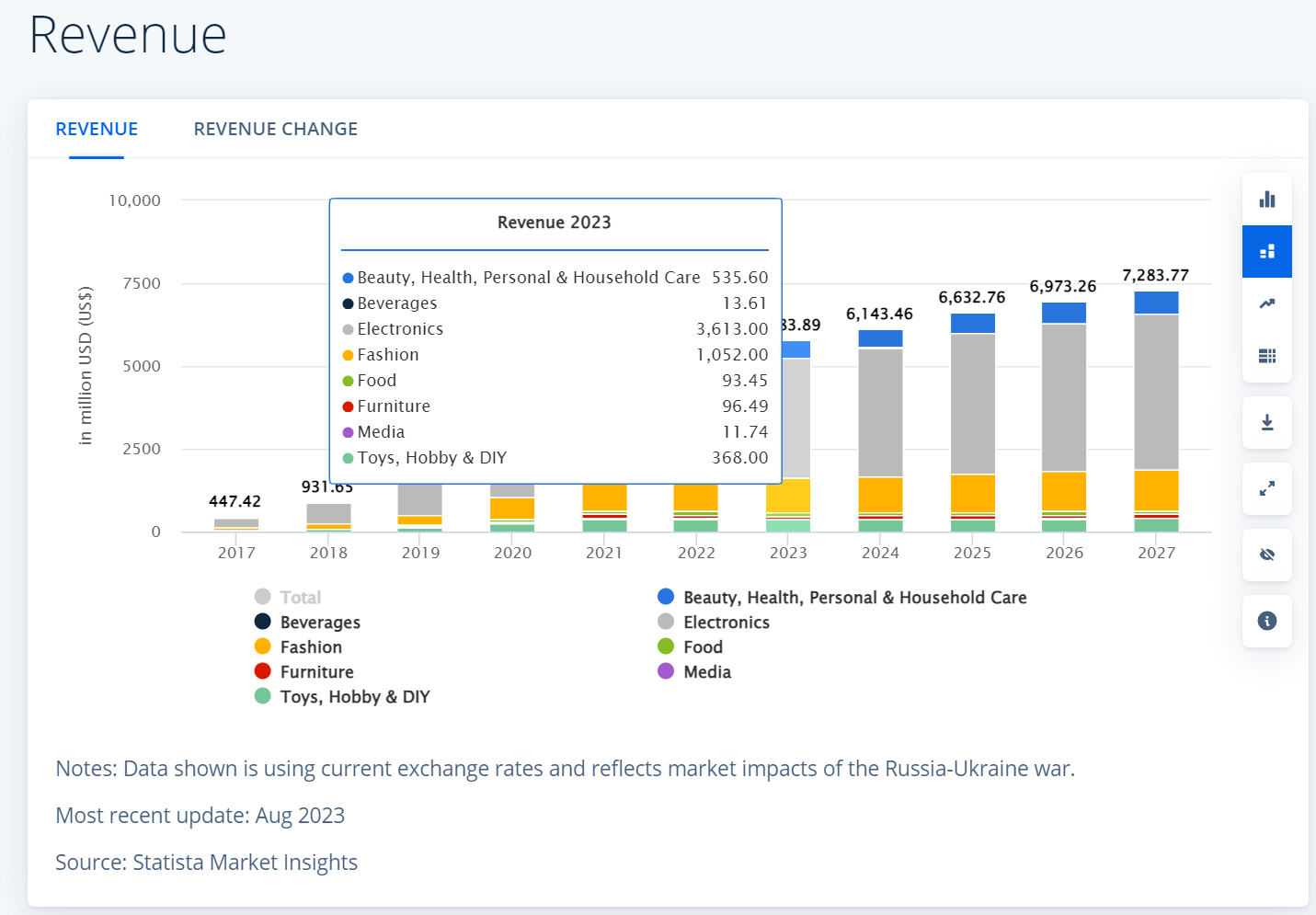
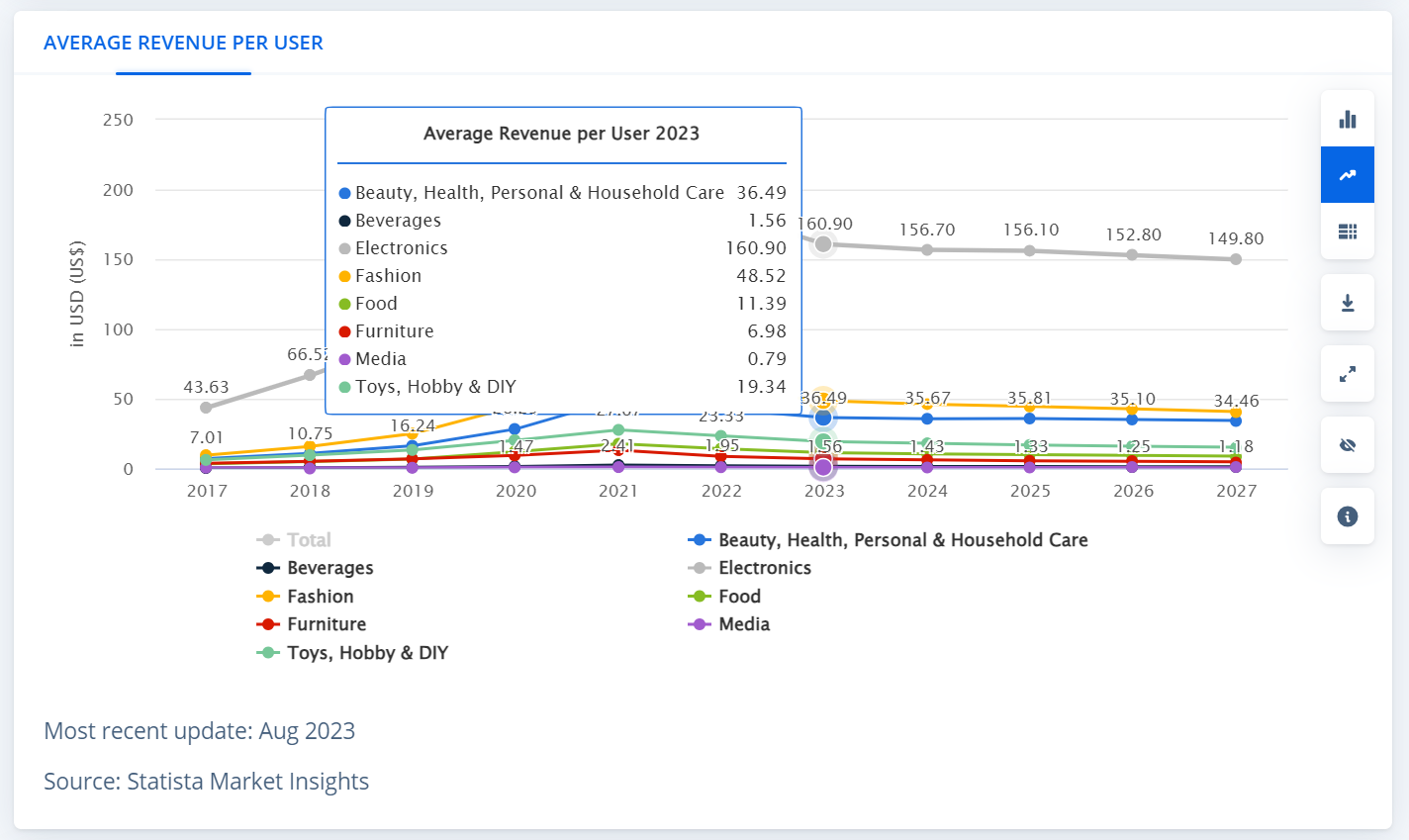
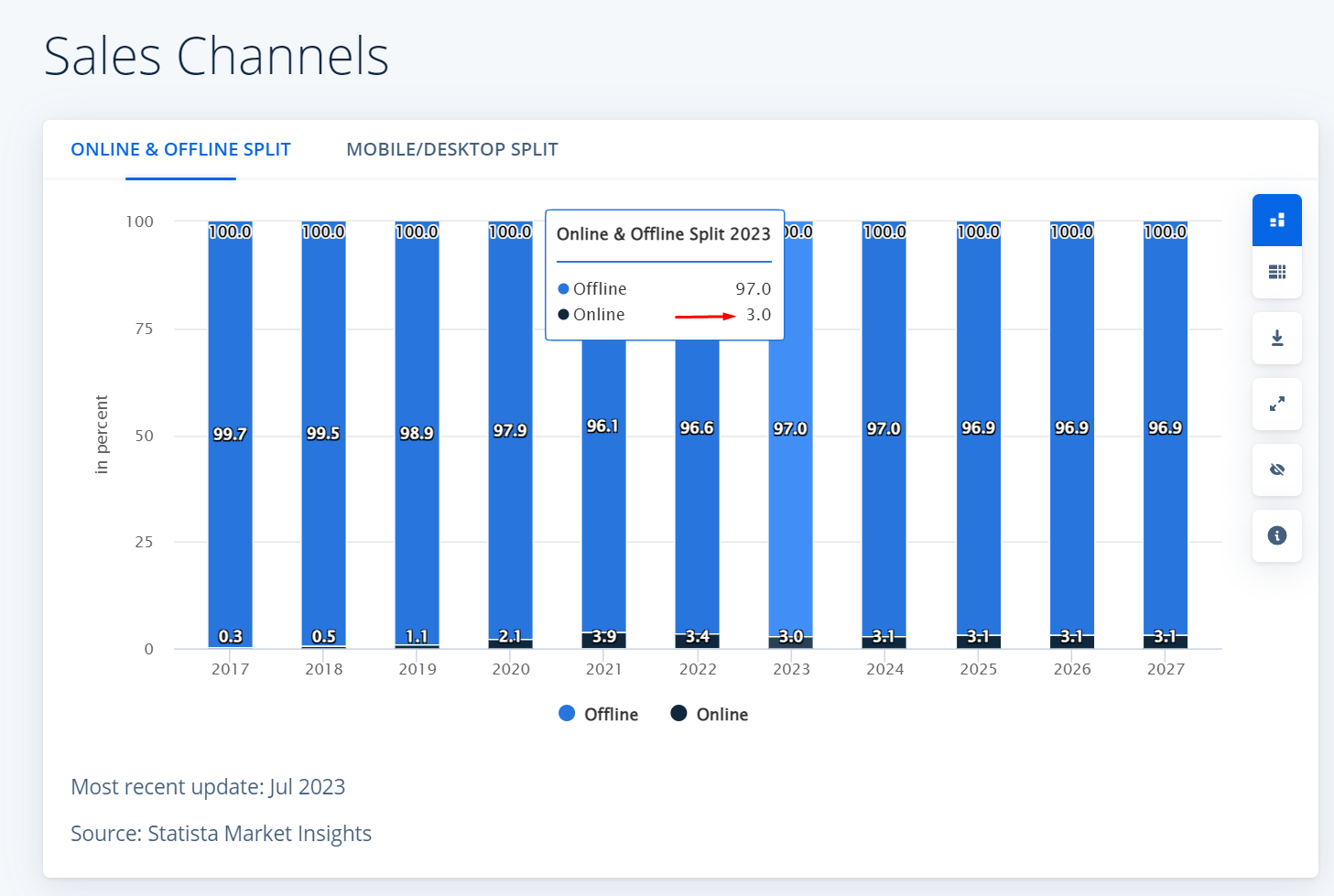
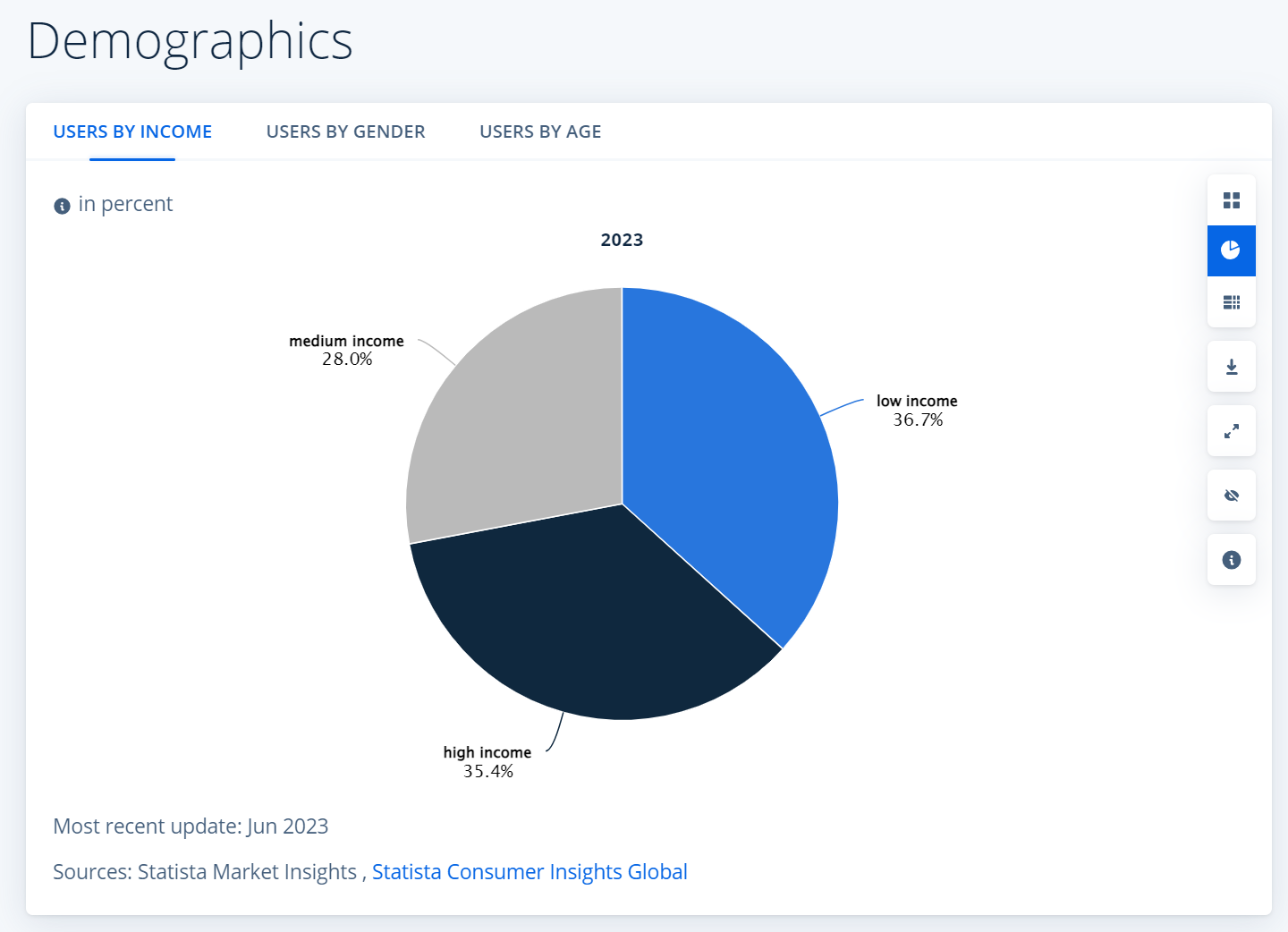
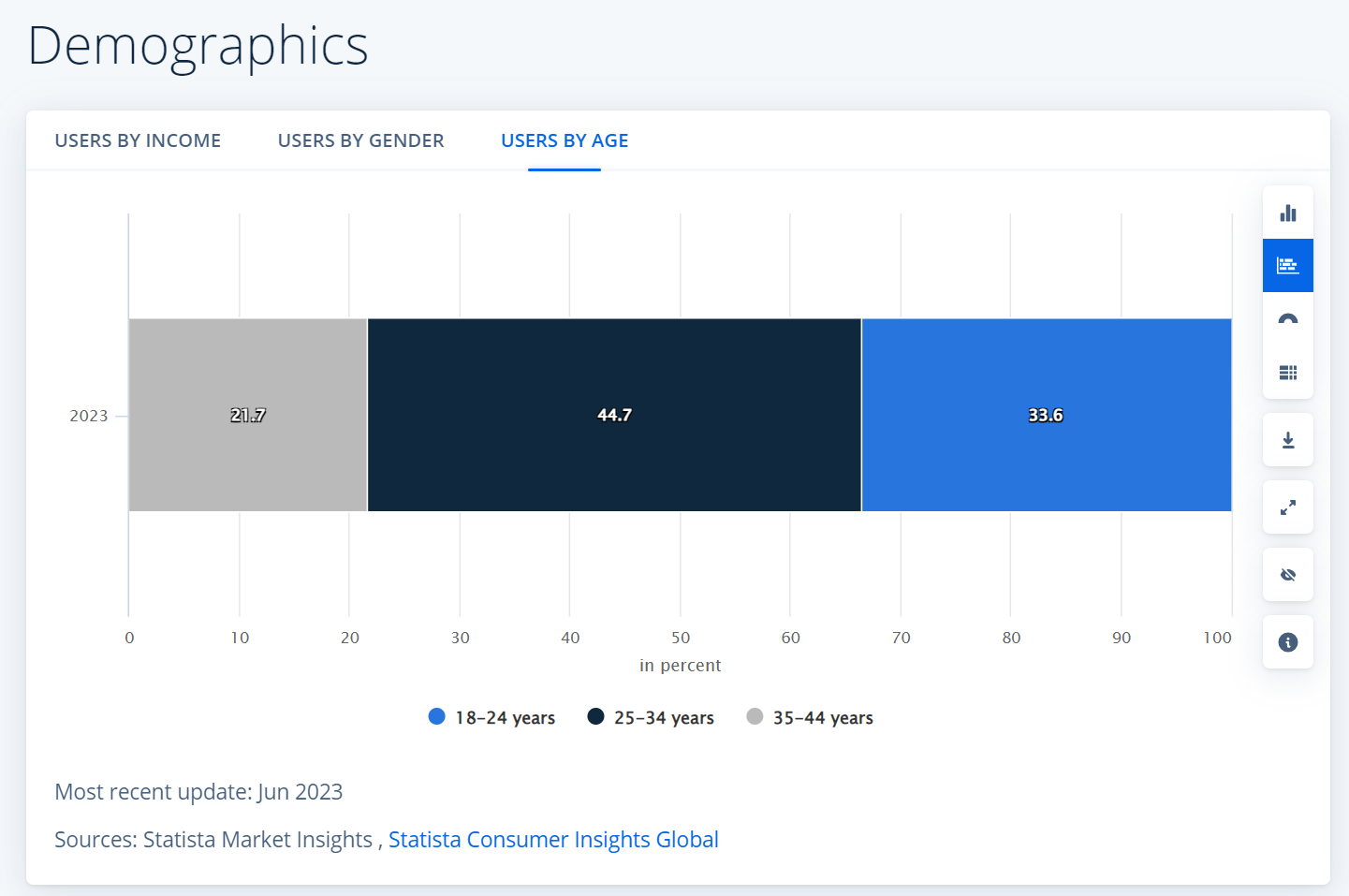
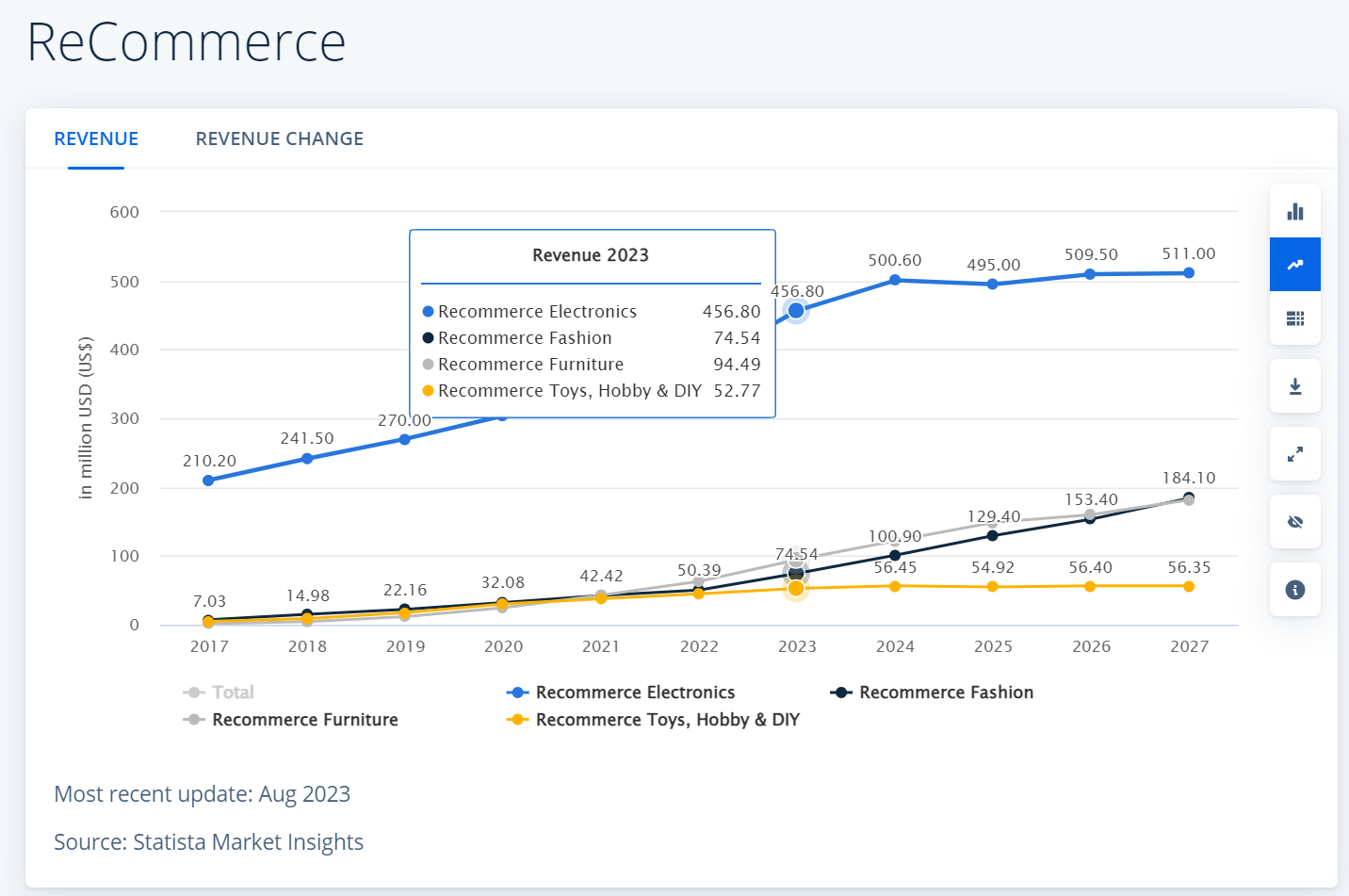
eCommerce Models:
Different e-commerce business models in Pakistan:
- Dropshipping
- White Label
- Private Label
- Wholesale
Different Models of eCommerce in Pakistan:
Pros and cons of different e-commerce business models in Pakistan:
Dropshipping:
Pros:
- Low Initial Investment: You don’t need to stock inventory, reducing upfront costs.
- Wide Product Range: Easily offer a wide variety of products without managing inventory.
- Location Flexibility: Can be operated from anywhere with an internet connection.
- Low Risk: Less financial risk since you only purchase products when you make a sale.
- Scalability: Easily scale your business by adding new products or suppliers.
Cons:
- Lower Profit Margins: You typically earn less per sale compared to other models.
- Dependent on Suppliers: Reliance on suppliers’ stock and shipping capabilities can lead to delays.
- Quality Control: You may have less control over product quality and shipping times.
- Competition: High competition in the dropshipping market can make it challenging to stand out.
White Label:
Pros:
- Branding Control: You can rebrand products as your own, creating a unique identity.
- Higher Profit Margins: Generally, better profit margins compared to dropshipping.
- Quality Control: More control over product quality and packaging.
- Scalability: Can expand your product line and potentially work with multiple suppliers.
Cons:
- Higher Initial Investment: Requires more capital for purchasing inventory and branding.
- Inventory Management: You are responsible for managing and storing inventory.
- Risk of Unsold Inventory: Potential for unsold items if products don’t sell well.
- Marketing and Promotion: Marketing and promoting your brand is your responsibility.
Private Label:
Pros:
- Brand Ownership: Full control and ownership of your brand and products.
- Higher Profit Margins: Generally, the highest profit margins among these models.
- Quality Control: Complete control over product quality and customization.
- Customer Loyalty: Ability to build a loyal customer base with unique products.
Cons:
- Significant Initial Investment: Requires substantial capital for product development, branding, and inventory.
- Inventory Management: You are responsible for storing and managing inventory.
- Marketing and Promotion: Marketing your private label products can be a significant task.
- Competition: Competing with established brands can be challenging.
Wholesale:
Pros:
- Bulk Purchasing: Ability to buy products in bulk at lower prices.
- Stable Supply: Consistent access to products for resale.
- Bigger Margins: Potentially higher profit margins than dropshipping.
- Established Brands: Selling well-known brands can attract customers.
Cons:
- Higher Initial Investment: Requires significant capital to purchase inventory in bulk.
- Inventory Management: Storage and management of inventory can be complex.
- Market Saturation: Competition can be high for popular wholesale products.
- Less Flexibility: Limited customization options for products.
The choice among these models depends on your resources, business goals, and preferences. Each has its advantages and challenges in the Pakistani market, and successful businesses have been built using each of these models.
eCommerce platforms being usend in Pakistan:
several eCommerce business platforms were commonly used in Pakistan:
- Shopify
- Woocommerce
- Magento
- OpenCart
- Wix
- Prestashop
Why do people fail in eCommerce?
Why E-Commerce Ventures Fail in Pakistan and How to Succeed:
- Failing to Address the Target Audience: A common mistake is the inability to accurately identify and address the unique requirements of various consumer segments, encompassing the middle, lower, and upper classes.
- Understanding the Diverse Consumer Mindsets: Understanding the purchasing habits of diverse socioeconomic groups is crucial.
Elite and Upper Class: People in this group appreciate things that are genuine and prefer to buy from unique brands.
Lower Class: Those who have a limited income tend to choose products based on their price rather than their brand or quality.
Middle Class and Upper Middle Class: This section aims to find a balance between cost and brand recognition by prioritizing products that offer good quality and value.
Common Reasons for Order Returns
Order returns can stem from various factors, particularly when catering to customers with limited financial resources. These factors include:
- Product Dissatisfaction: Some customers return items due to dissatisfaction, often because of quality issues or unmet expectations.
- Delivery Unavailability: Returns may occur when customers aren’t present during delivery attempts, especially after multiple unsuccessful tries.
- Competitive Pricing: Customers may discover more cost-effective offers for the same products through alternative advertisements, prompting them to cancel their orders, potentially incurring delivery charges.
- Financial Constraints: Lower-middle-class customers may sometimes allocate their funds elsewhere before their orders arrive, leading to return requests.”
What skills You Can Gain from Maktabehunar? And how you can utilize it?
Utilizing eCommerce skills in Pakistan can open up various opportunities. Here’s how you can make the most of these skills in the Pakistani market:
- Start Your eCommerce Business: Launch your own online store selling products or services. You can focus on niches like fashion, electronics, cosmetics, or even digital products like e-books.
- Freelance eCommerce Services: Offer your eCommerce expertise as a freelancer. Many businesses in Pakistan need assistance with setting up and managing their online stores.
- eCommerce Consultancy: Become an eCommerce consultant. Advise businesses on strategies to improve their online presence, sales, and customer engagement.
- Digital Marketing: If you have digital marketing skills, use them to promote eCommerce businesses. This includes skills in SEO, social media marketing, email marketing, and paid advertising.
- eCommerce Logistics and Delivery: Develop a logistics and delivery service catering specifically to eCommerce businesses. Efficient and reliable delivery is a crucial aspect of eCommerce.
- Affiliate Marketing: Join affiliate programs and promote products from eCommerce websites. You earn a commission for each sale made through your referral.
- Content Creation: Content is key in eCommerce. Offer content creation services, including product descriptions, blog posts, and video content, to eCommerce businesses.
- Store Setup: If you can setup an ecommerce store you create and maintain eCommerce websites for businesses.
- Dropshipping: Start a dropshipping business, where you sell products from suppliers without holding inventory. This can be a low-risk way to enter eCommerce.
- eCommerce Marketplaces: Utilize platforms like Daraz.pk and others to sell your products or services.
- eCommerce Analytics: If you have data analysis skills, offer eCommerce analytics services to help businesses make data-driven decisions.
- Payment Solutions: Develop or promote digital payment solutions that make online transactions easier for both businesses and consumers.
- Customer Support: eCommerce businesses need excellent customer support. Offer customer service outsourcing solutions to eCommerce companies.
- eCommerce Events and Expos: Organize or participate in eCommerce events, expos, or trade fairs to network and showcase your eCommerce skills.
- Global eCommerce: Explore the potential of exporting Pakistani products to international markets through eCommerce.
- eCommerce Blogging/Vlogging: If you have knowledge about eCommerce trends and practices, start a blog or vlog sharing valuable insights.
Remember that the eCommerce landscape is dynamic, so staying updated with the latest trends, technologies, and consumer preferences is crucial to success. Additionally, building a strong online presence and establishing trust with your audience are keys to thriving in the eCommerce space in Pakistan.
